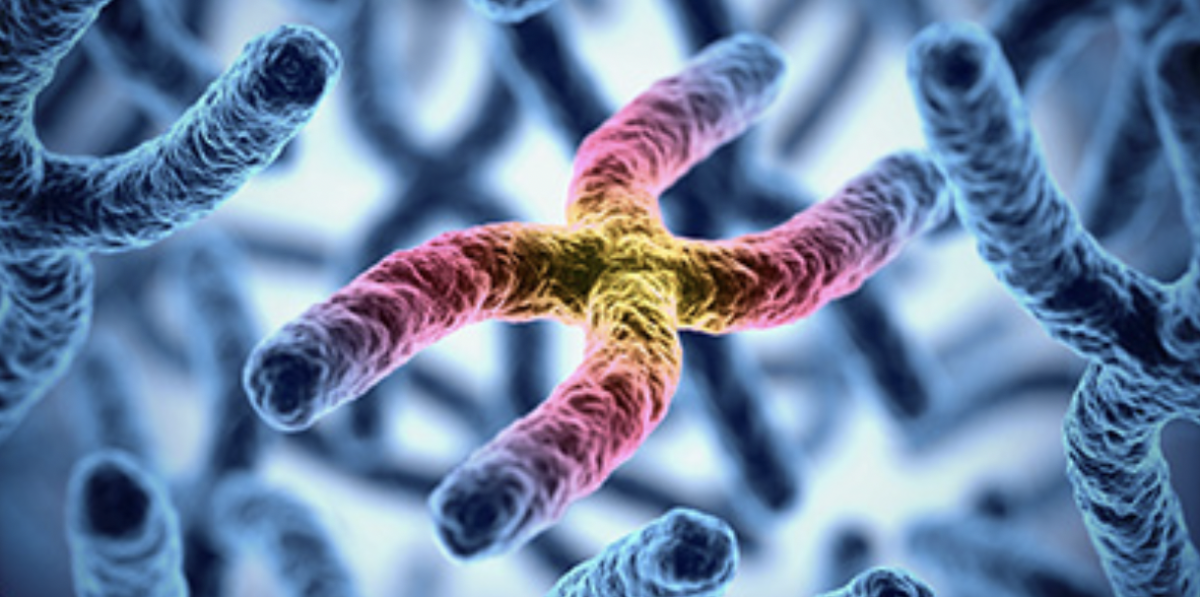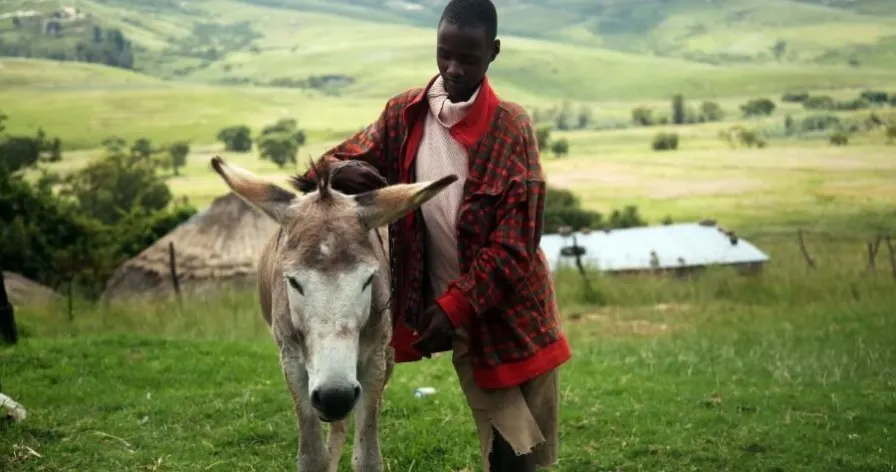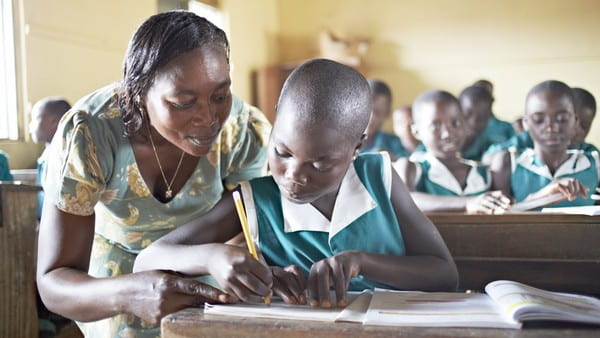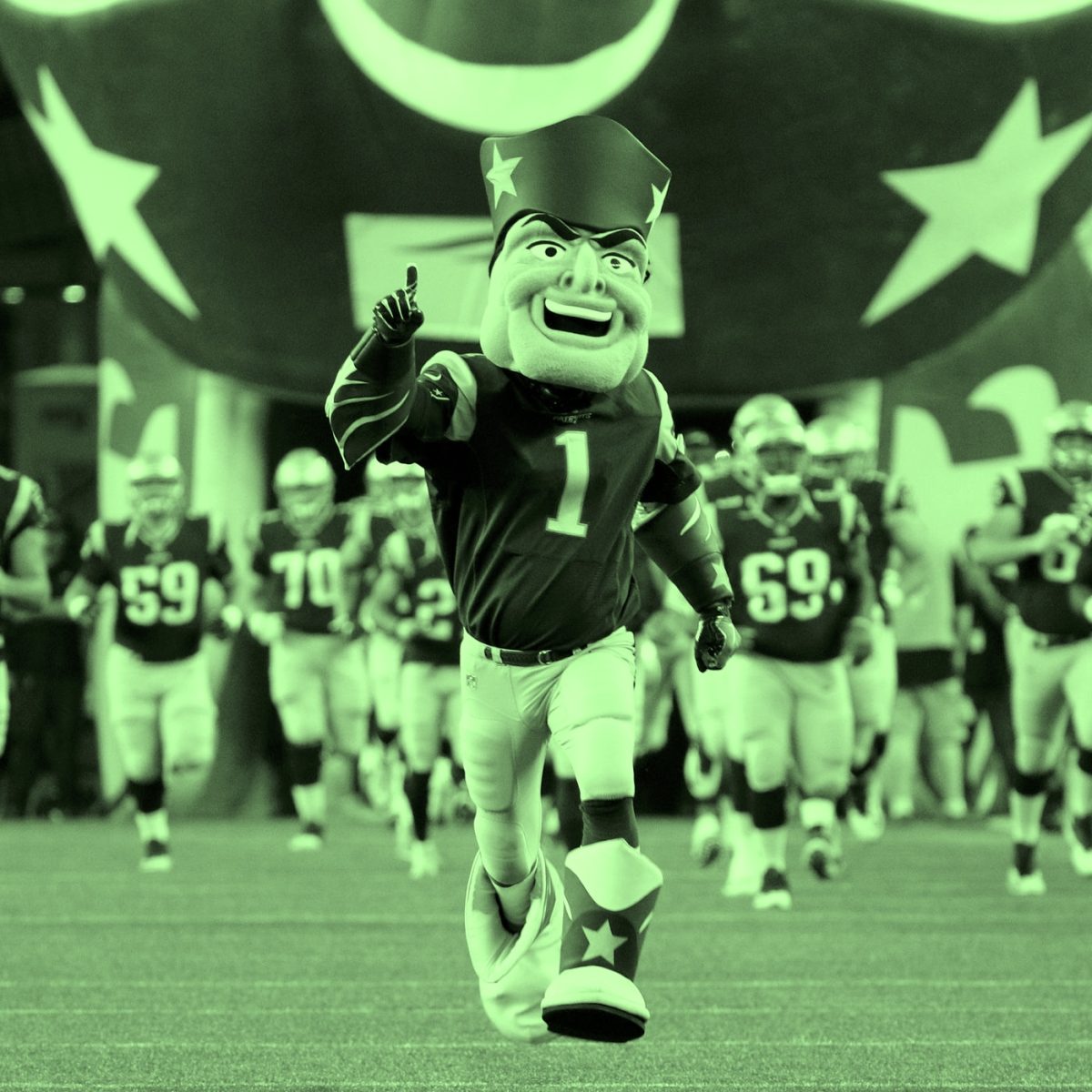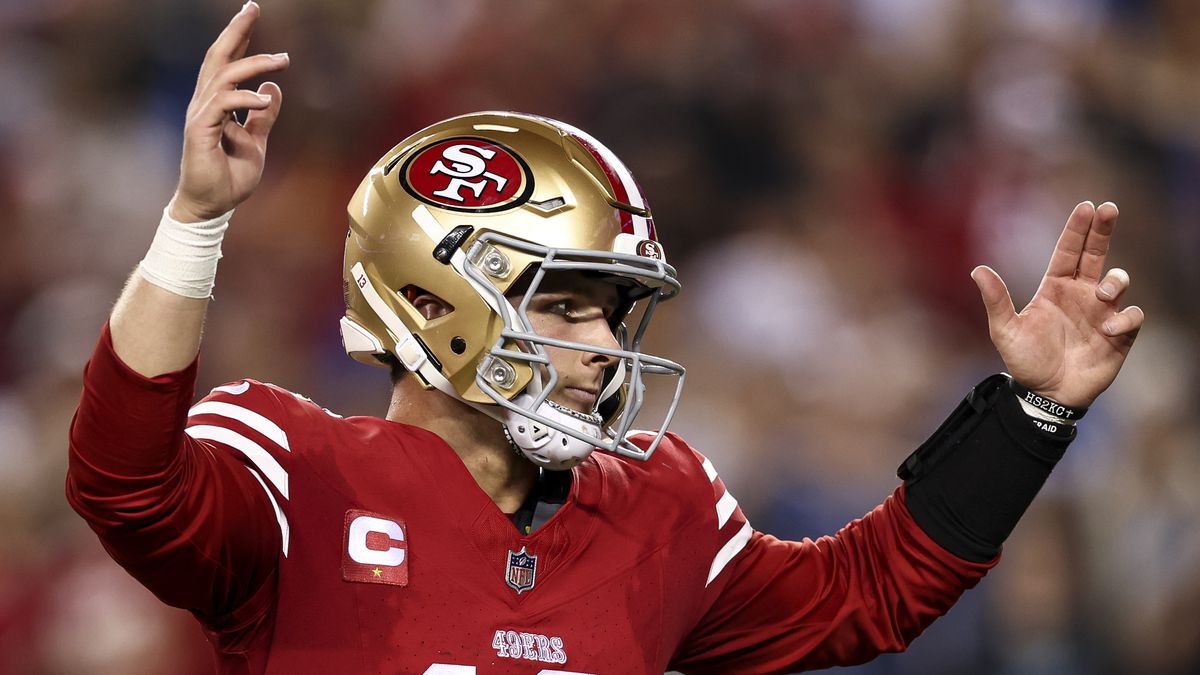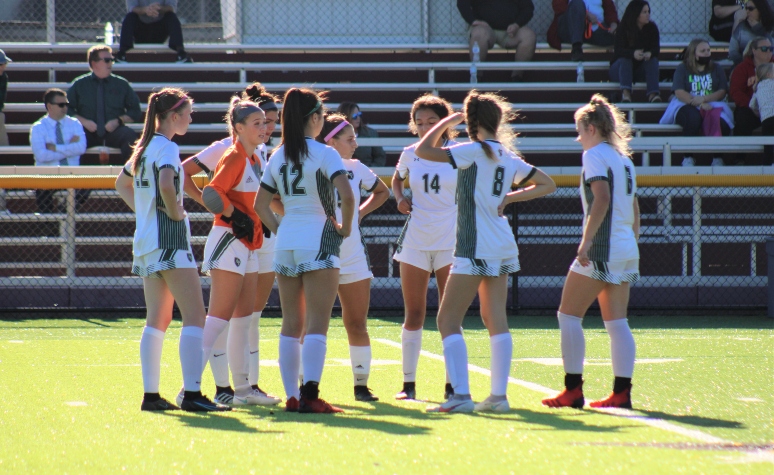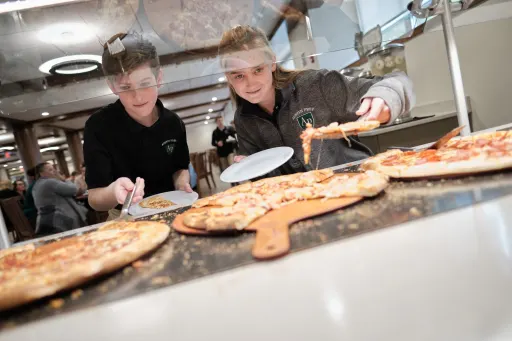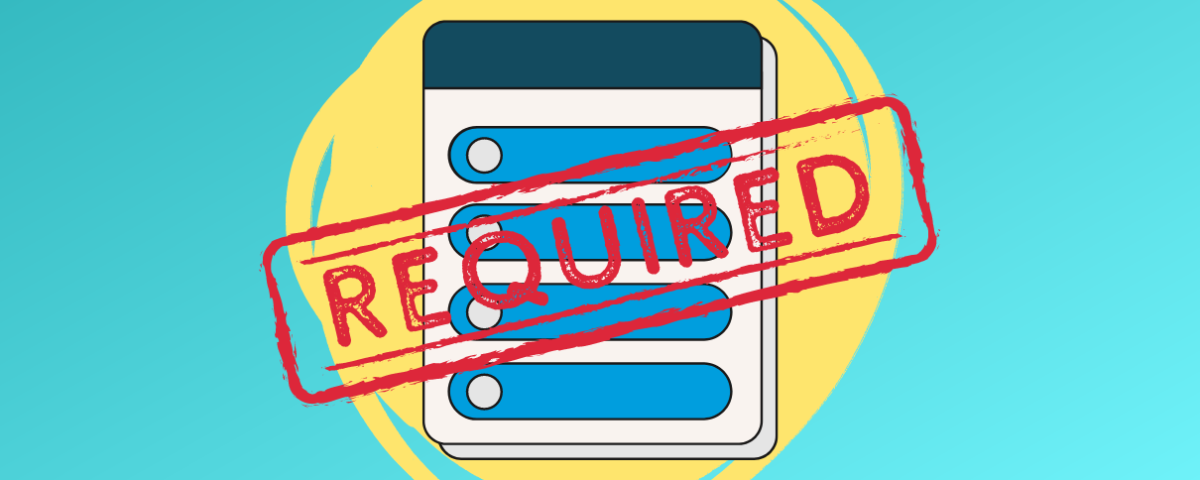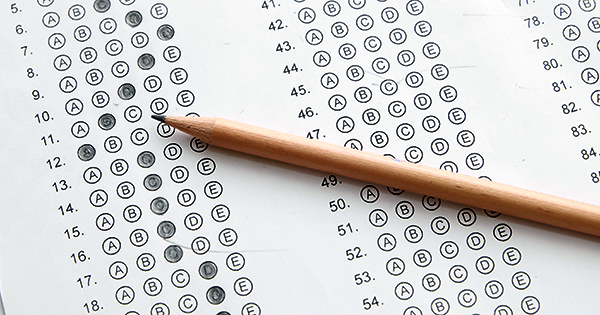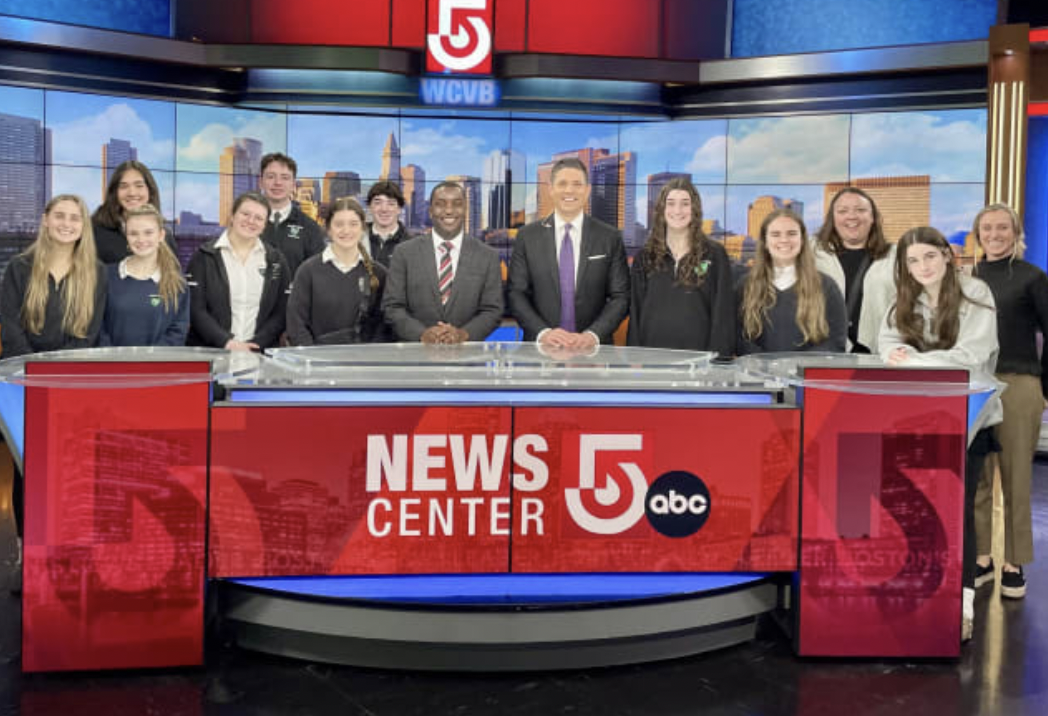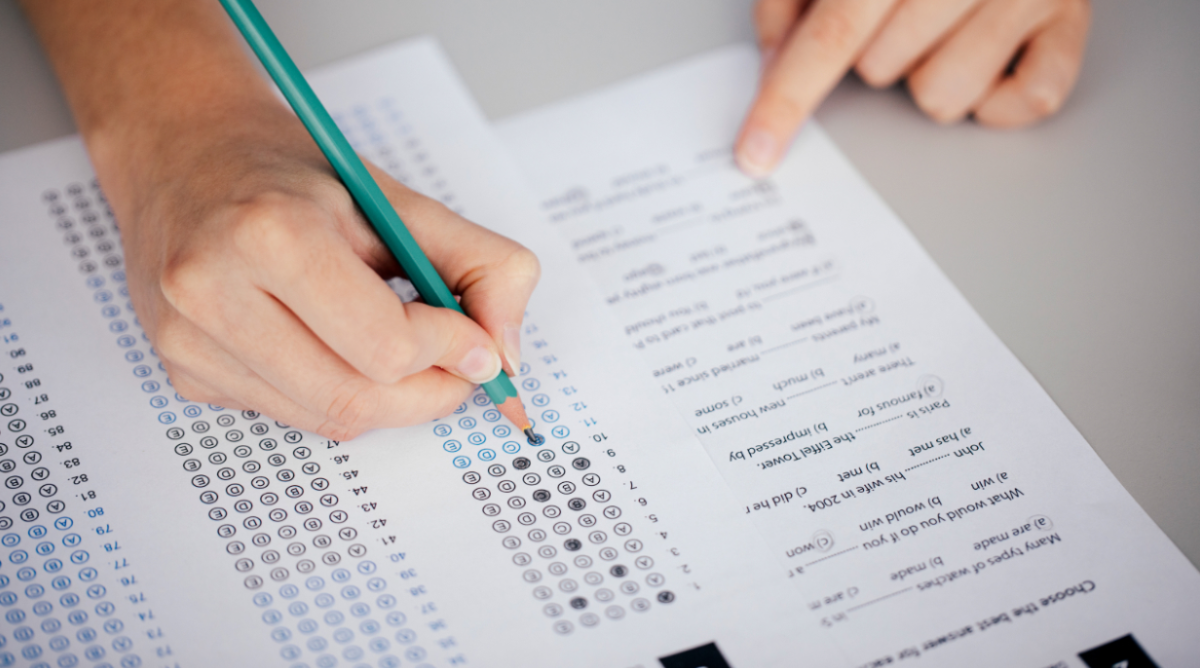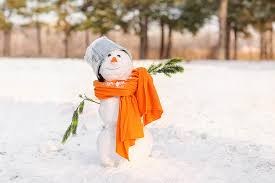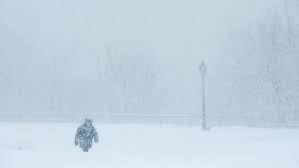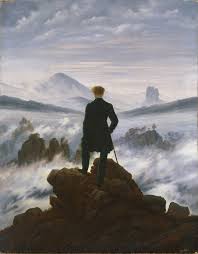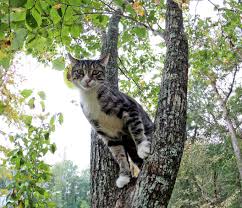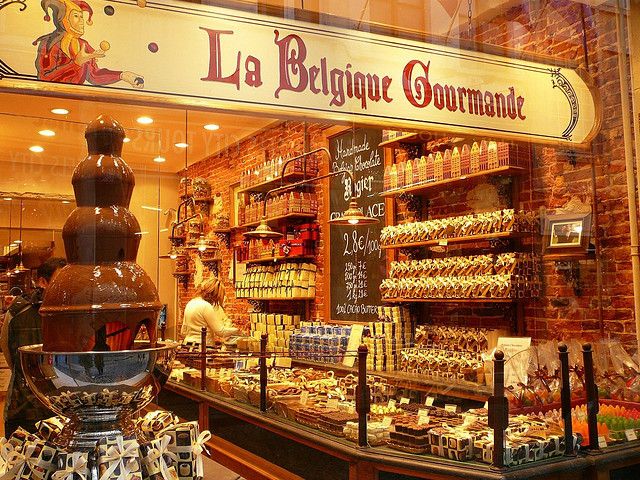The Lies Surrounding Thanksgiving
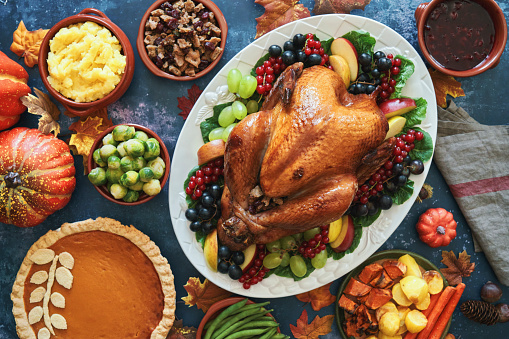
Stuffed Turkey for Thanksgiving Holidays with Vegetables and Other Ingredients
November 16, 2021
In the earlier years of most Americans’ lives, they are taught the “history” of Thanksgiving. When Christopher Columbas arrived in the Americas, he was not so nice to the indigenous peoples, the colonizers said they were sorry and everyone kissed and made up over turkey and mashed potatoes. While I don’t think describing the intricacies of mass genocide to first graders is a smart idea, lying to young children and only using the pieces of history that are palatable to white people is also not a smart idea. The original Thanksgiving holiday that President Washington tried (and failed) to establish had nothing to do with the relationship between the pilgrims and indigenous peoples, but was instead supposed to be a day of “thanksgiving and prayer.”He did this because the story of a beautiful friendship between the pilgrims and indigenous peoples is just that, a story. So why is this story taught in schools, why is it accepted so widely among Americans and others alike?
Through the decades of 1890-1920 Americans started to embrace individualism and national ideology more than ever before; this also being the time that European immigrants started flooding the American sphere. Non-coincidentally, this was also the period in which Thanksgiving started to become a nationwide holiday, celebrated by the majority of Americans. Immigration was and still is viewed as a problem, something that disrupts the “purity” of “true” Americans. The popularization of the Thanksgiving holiday and the story of friendship between the indigenous peoples and pilgrims can be linked back to this struggle, one meant to retain a sense of individualism and purity of the white race. The celebration of peace between the colonizers and the indigenous peoples holds an underlying meaning, which is the celebration of assimilation. It is argued by many that Thanksgiving was popularized to establish a clear narrative for how relations between Americans and “others” went, which is that the “other” must assimilate. But this perspective is not acknowledged by the majority of the American population, even though it was a very real factor in the creation of the half-truth about colonization and indigenous peoples. However this is not the only widespread falsehood surrounding pilgrims and indigenous peoples relations, a specific lie that managed to bring in $347,100,000 for Disney.
Disney is known to exaggerate their stories, most of the media they put out is fantasy after all. But as Pocahontas was a real person, the creators had some information to build off of. However, it is obvious that somebody did not do their proper research nor did they give any respect to her tribe or culture, and most parts of the movie are completely fabricated or exaggerated to an extent beyond belief. To start with the obvious, the “love” story between Pocahontas (whose actual name was Matoaka) was completely fabricated by the Disney team. Historical accounts state that their relationship could better be described as a father-daughter one rather than a romantic relationship. Even the climax of the movie, when Pocahontas “saves” John Smith from being bludgeoned to death by resting her head on his could have been misinterpreted. In John Smiths’ journal, he describes it as a traumatic experience, but most historians theorize that he misinterpreted the event. As he was welcomed into the Powhatan tribe shortly after said event, most credited historians believe that the placing of his head on the stones symbolized adopting him into the community while still endowing authority over him.
Thanksgiving is defined by Mariam Webster as “a public acknowledgment or celebration of divine goodness”. This definition embraces the spirit of the day for many people, a day where one can gather with close family and friends and rejoice in the “divine goodness” of life. Yet the definition leaves out the reason as to why Thanksgiving occurred in the first place, and doesn’t even come close to fully encompassing the horrific violence committed against indigenous peoples from the day of the first Thanksgiving to now. The lies that have been spread behind the meaning and events of Thanksgiving are deeply ingrained into American culture. The general outlook on the holiday receives no nuance neither within schools nor within the home for most people, many just taking the tale of friendly relations between the colonizers and the indigenous peoples at face value. Even the smallest stories that are told to young children, such as Pocahontas, shape the way they view the history of colonial America in a completely bias light. This is not to say that Thanksgiving needs to be shunned by everyone. Education and conversation is the only way these lies can be reversed, and hopefully, this article can be your starting point as to unraveling your own closely held beliefs that may not be true.
